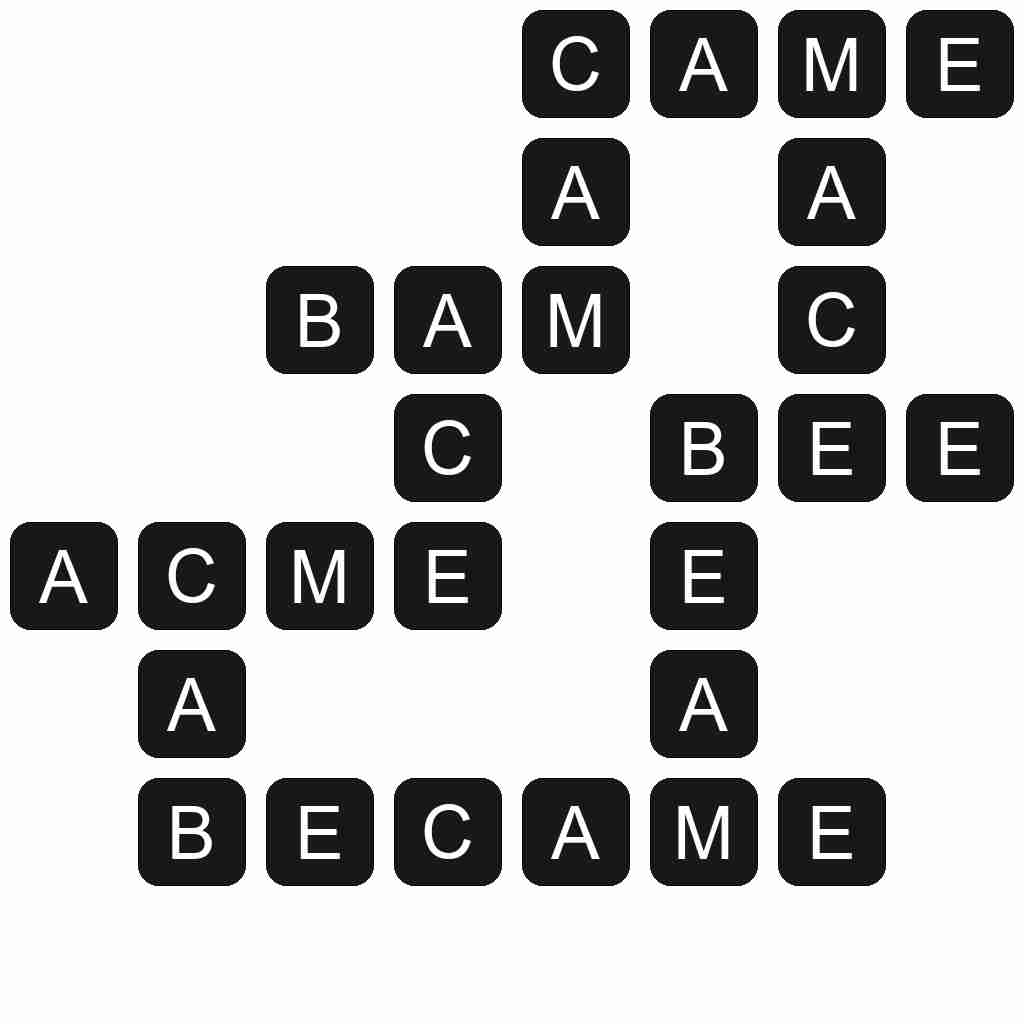
Additionally, "i-yo-ku-ni" itself could simply be interpreted as "alright, country" ( いいよ、国). Variants of readings may be produced through consonant voicing (via a dakuten or handakuten) or gemination (via a sokuon), vowel lengthening (via a chōonpu), or the insertion of the nasal mora n ( ん).ġ492, the year of discovery of America, can be read as "i-yo-ku-ni" and appended with "ga mieta" to form the phrase "Alright! I can see land!" ( いいよ!国が見えた!). Mnemonics are formed by selecting a suitable reading for a given number the tables below list the most common readings, though other readings are also possible. Goroawase substitutions are well known as mnemonics, notably in the selection of memorable telephone numbers used by companies and the memorization of numbers such as years in the study of history. Often, readings are created by taking the standard reading and retaining only the first syllable (for example, roku becomes ro). Numeric substitution Įvery digit has a set of possible phonetic values, due to the variety of valid Japanese kanji readings ( kun'yomi and on'yomi) and English-origin pronunciations for numbers in Japanese. More commonly, however, goroawase is used as a mnemonic technique, especially in the memorization of numbers such as dates in history, scientific constants and phone numbers. The new words can be used to express a superstition about certain letters or numbers.
#Acme playwords series
Goroawase ( 語呂合わせ, "phonetic matching") is an especially common form of Japanese wordplay, wherein homophonous words are associated with a given series of letters, numbers or symbols, in order to associate a new meaning with that series. The presence of multiple meanings within these words allowed poets to impart more meaning into fewer words. If successfully called out, that player will have to draw four cardsĪ round is over when the first player plays all their cards.Kakekotoba ( 掛詞) or "pivot words" are an early form of Japanese wordplay used in waka poetry, wherein some words represent two homonyms. If another player starts their turn, it's too late! A player that has forgotten to call Uno can be called out before the next player goes. You must call Uno either right before or right after your play your second-to-last card. You cannot, however, play another card from your hand once you've chosen to draw. If you draw a card and its playable, you can choose to play it, or to end your turn without playing it. This is known as "reneging." If you draw a card and its not playable, your turn ends. On your turn, even if you have playable cards, you can choose to draw a card.

If you draw a card, and its not playable, your turn ends. On your turn, if you don't have any playable cards, you must draw a card. However, you can only play it when you have no other moves In addition, there are draw four wild cars, shown with a +4 - this powerful card lets you choose the suit and also forces the next player to pick up four cards. When you play it, you'll be able to chose the color for the next player. A usual wild card is shown with a W and can be played at any time. If you have wild cards, you can play them no matter the current color. The draw two card (+2) makes the next player draw two cards.The reverse card (↷) reverses the order of play.The skip card (⦻) skips the very next player.Some cards of a given color also have special effects: Typically speaking, each turn, you can play a card that has either the same color or the same number as the top card on the discard pile. In the center, you'll see the discard pile. Be sure all other players have joined before you start the game! They will not be able to join after you start the game. Once you select Start Game, you'll see the cards you have in your hand.

If you're playing with others, they can join your game by using the exact same room name.

The room name can be anything you like (ex: "joan's room").

To get started, enter a name for yourself (ex: "uno-player-100") and a room name. Uno is multiplayer, and works for between 2 to 6 players. The first player to play all the cards in their hand wins the round, and scores points. In Uno, the goal is to be the first player to play all your cards.


 0 kommentar(er)
0 kommentar(er)
